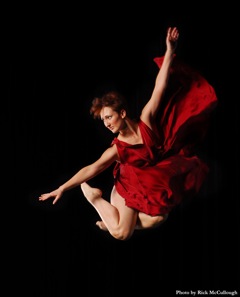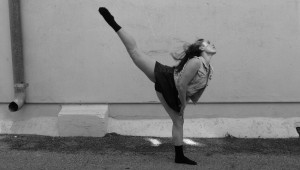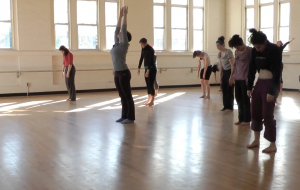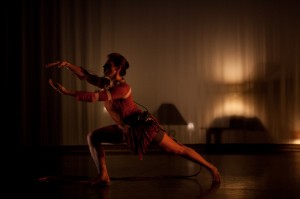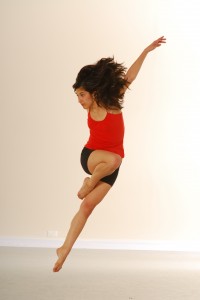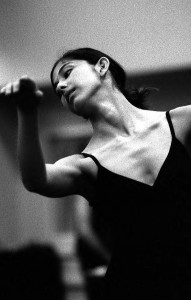Hello Framers! I hope you all had a great weekend!
Only ten more days ’til Christmas!!!
This week’s MFA Monday article comes from previous Frame blog contributor and long-time framer, Rosie Trump! This week Rosie is offering advice for the before, during, and after stages of pursuing a M.F.A.
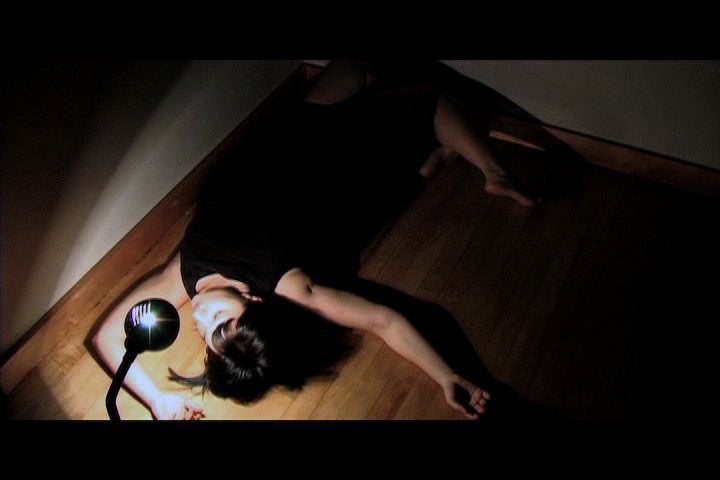
Rosie Trump holds a M.F.A. in Experimental Dance Choreography from UC Riverside. She is a choreographer, dance filmmaker and educator. Her teaching credits include Seton Hill University, Mt. San Jacinto College and Rice University. Trump is the founder and curator of the annual Third Coast Dance Film Festival. rosietrump.org
So You Think You Want a M.F.A.?
By Rosie Trump
Let me begin by saying graduate school is not and should not be for every artist. It requires a huge personal undertaking and a significant financial investment. You will be a different person and a different artist when you finish. With that being said, I want to share some advice I have gathered from my own graduate school experiences and post-graduate career.
Know Before You Go
There are many good reasons to pursue an M.F.A. There are also some very bad reasons. A combination of good timing and clear postgraduate goals can make all the difference. When deciding on pursuing an M.F.A., it is very important to be honest with yourself and realistic about what this degree will add to your life and career.
If you are 5 or less years out of college ask yourself: Do I have significant professional experience? Do I have ample teaching practice and a developed pedagogical approach? Have I developed a distinctive, individual artistic point of view? If you answered no to any of these questions, spend the next two years filling in the gaps before you apply. Additionally ask yourself, will I resent spending the next three+ years of my life being separated from friends and family, extremely poor, lonely, overwhelmed and overworked? If you answer yes, wait and reconsider an M.F.A. in a few years.
If you are a mid or post-professional ask yourself: Will I resent spending the next three+ years of my life being separated from my established dance community, deferring earning potential and having my established methods and approaches upended and dismantled? Do I have an extra 40-60 hours per week in addition to my non-negotiable responsibilities to dedicate to intense study?
I believe a good M.F.A. experience is akin to boot camp—a very long boot camp. For me, graduate school was the hardest thing I had done to date. On the flip side, it was also the absolutely most rewarding thing I had ever done. I came out on the other side armed with an entirely altered perspective on dance and choreography, and a cohort of brilliant, inspiring friends for colleagues.
Still want to go? Tips on how to pick a good program:
Not all M.F.A. programs are created equal. Finding a good fit for your interests will require a lot of research. While institutional prestige and geographical desirability are very seductive factors when considering a M.F.A. program, I think the most important factors should be curriculum and faculty.
Curriculum: What excites you about the courses? Does the curriculum have enough structure and/or flexibility? Do the classes support your artistic and professional development? Will you be technically and theoretically challenged? Two important factors that may not seem obvious when you first enter, but will mean everything by the end are:
1. What shape does the thesis project can take? For example, do students produce solo concerts, share an evening or write research document? Who covers the production costs? Where can the thesis take place–off campus, in another city, etc?
2. Is the curriculum going to be a rehash or reboot of your undergrad studies? What I mean by this is, will you take seminars that provide you with information that you could not obtain or have not obtained in any other way?
Faculty: These are the people that will make or break your grad school experience. Will you be excited and eager to work with these people? Will they be interested and active in assisting your vision and growth? Do you have compatible artistic points of view? Do they have connections and (much more importantly) time and energy to mentor you? Will they champion you in the post-graduate professional realm? The best faculty most certainly do not have to be superstars or ‘nice’ people. The best faculty will push you in directions you didn’t know you needed to go.
Money, It’s What I Want! Or How to Negotiate the Offer…
You buffed up your resume, did the research, applied, interviewed and now you have an acceptance offer! So let’s talk about money. Trust me, no matter how good at living on a minuscule budget you have been thus far, you will need more money than you think for graduate school. Moving costs, books, costumes, production supplies and countless bottles of wine (as Mary describes) will all quickly add up.
I encourage you to negotiate the best possible situation BEFORE you accept the offer. Now and only now, do you hold a little bit of power. Once you accept, that offer is your contract with the institution. Negotiating a better situation after this point will be nearly impossible. This is also why it is important to ascertain more than one acceptance offer. Even if you prefer one school over another, you can use the other offer to get a better deal (an extended fellowship, an additional semester of TA-ship) at your ‘dream school.’
Here is what you will need:
- Full tuition remission—you should not pay any tuition fees to attend grad school.
- A fellowship stipend —this is ‘free’ money that the school pays you to do your creative research. Often times this is offered in your first semester or year. This is the money you use to pay for rent and living costs.
- Teaching assistantships—these are teaching positions where you will either assist a professor with lecturing, grading, etc. or be the primary instructor for a course. TA-ships usually require around 20 hours of work per week. This money pays for your rent and living costs.
I will share with you what a mentor told me when I was considering applying to graduate school: They pay you to attend. You do not pay them. This includes living costs. If you are like most people, you have already racked up considerable debt from undergraduate student loans. Do not take out student loans to pay for a M.F.A.! I cannot emphasis this enough. It’s bleak, but true, that once you graduate your earning potential will probably not be that much better than before you earned your M.F.A. Do not shackle yourself to more debt!
If you receive an offer that requests you pay part of the costs and you cannot negotiate a better deal, DON’T GO! Wait, gain the experience to make yourself a more desirable candidate, and then reapply in a few years.
Last but not least, beware of the “once you get here you can apply for XX fellowship or XX grant to supplement our offer.” This is dangerous because these opportunities are often contingent on external funding sources that can waiver with the economy, etc. and/or are competitive. You could find yourself competing with a hundred other graduate students in ‘sexier/more traditional/more practical’ fields for one or two awards.
*Helpful links:
Don’t Go to Graduate School (aimed at PhD students, but much applies to the M.F.A, too)
100 Reason’s Not to Go to Graduate School
M.F.A. Fever – an article about perusing a creative writing M.F.A.
A listing of over 100 graduate dance programs
* While some of these links may seemed aimed at keeping you out of graduate school, their real goal is to reveal the honest truth of what lies ahead. Many artists are all too aware of the hardships in their field, but can still romanticize the academic life.


